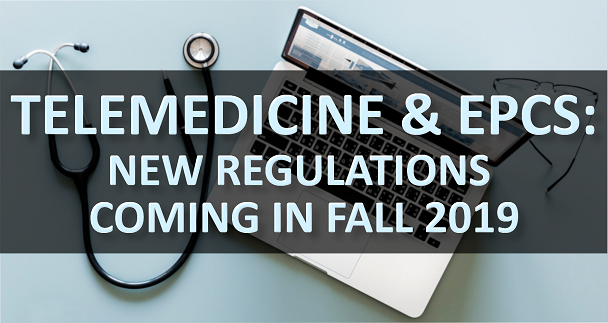
While the United States government has been writing legislation to control addictive drugs since the early 1900’s, The Controlled Substances Act (CSA) of 1970 laid the groundwork for how controlled substances are regulated. The CSA established the schedule system that is still used today for drug classification. The act also established policy for regulations on the manufacture, importation, possession, use, and distribution of scheduled substances. The CSA has been amended 9 times since its enactment, the eighth amendment in 2008 was titled The Ryan Haight Online Pharmacy Consumer Protection Act which brought portions of the CSA into the digital age.
The Ryan Haight Act amends the CSA to prohibit the delivery, distribution, and dispensing of controlled substances over the internet without a valid prescription. The Ryan Haight Act forces online pharmacies to report their controlled substance prescriptions to the Attorney General and requires that online pharmacies to display compliance information on their website. There are several definitions established in the Act, one of the most important being that a “valid prescription” must come from a practitioner that has conducted at least one in-person medical visit with the patient. As technology has advanced and telehealth has risen in popularity, this section of the Act has created issues for digital practitioners that may never see their patient in face to face.
The Ryan Haight Act also contains a “Special Registration for Telemedicine” section that tasked the Attorney General to issue certain regulations to allow the prescribing of controlled substances without an in-person consult. The Attorney General has not issued an update on this provision since the Ryan Haight Act was written and enacted in 2008. Some States have taken that responsibility upon themselves to rule on controlled substances being issued by telemedicine such as Indiana, Michigan, Ohio, Florida, Delaware, New Hampshire, West Virginia, and Connecticut[1]. These states passed legislation allowing for controlled substances to be prescribed via telehealth without seeing the patient in-person so long as certain requirements are met. The state laws contradict the federal law that the Ryan Haight Act established and there is uncertainty what the legal ramifications might be in court.
In 2018, President Trump signed the Substance Use-Disorder Prevention that Promotes Opioid Recovery and Treatment for Patients and Communities Act, also known as the SUPPORT Act. The Support Act contains legislative changes for many aspects of healthcare including Medicaid and Medicare, funding the CURES Act, an EPCS mandate, State PMP requirements, and many more. The Support Act also finally sets a date for the telehealth controlled-substance exemptions to be written that were established in the Ryan Haight Act of 2008. The Support Act requires the Attorney General write the final regulations that specify “the limited circumstances in which a special registration under this subsection may be issued” and “the procedure for obtaining a special registration”[2]. The deadline for the Attorney General to establish these regulations is October 24th, 2019.
We don’t exactly know what the regulations and restrictions will look like or how stringent the requirements for a telehealth provider to prescribe a controlled substance without an in-person visit will be until fall of this year. The federal regulations could follow some of the State-level legislation or could be in contrast and create a necessary change for telehealth prescribers in those states who have attempted to setup their practice following their State’s laws.
We at MDToolbox are watching for any regulation changes on a federal level that would allow electronic prescription of controlled substances via a telehealth practitioner. You will find any policy updates here in our blog. MDToolbox looks forward to working with telehealth providers and help provide tools and resources in combating the opioid epidemic. Contact us for more information or to start your free 30 day free trial.
[1]https://www.healthcarelawtoday.com/2018/06/27/new-connecticut-law-allows-telemedicine-prescribing-of-controlled-substances/
[2]https://www.congress.gov/bill/115th-congress/house-bill/6/text#toc-HA8EADE1EA6CF4E62B8D435826C060821